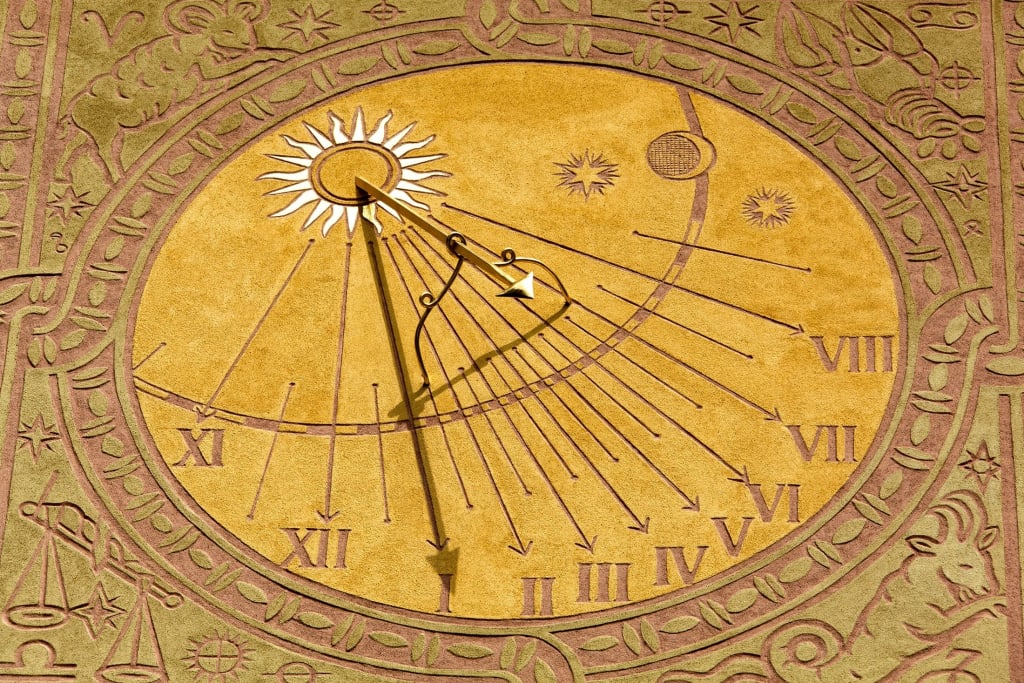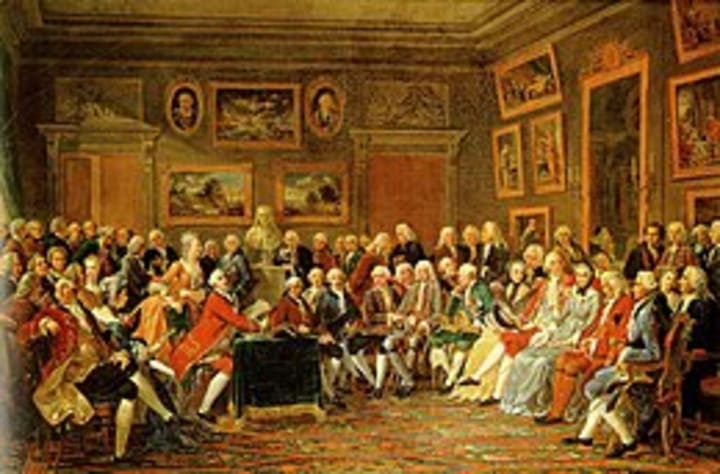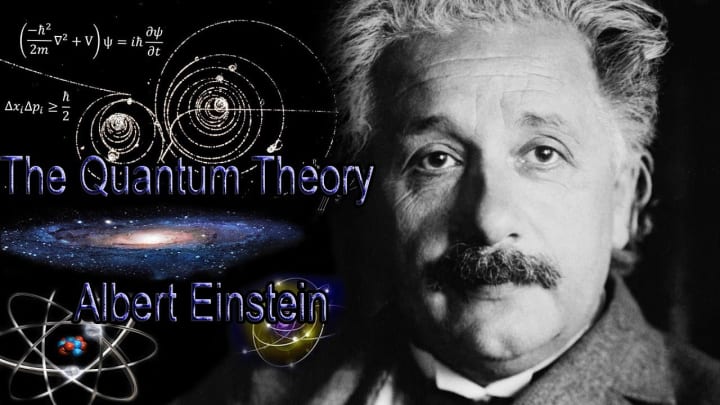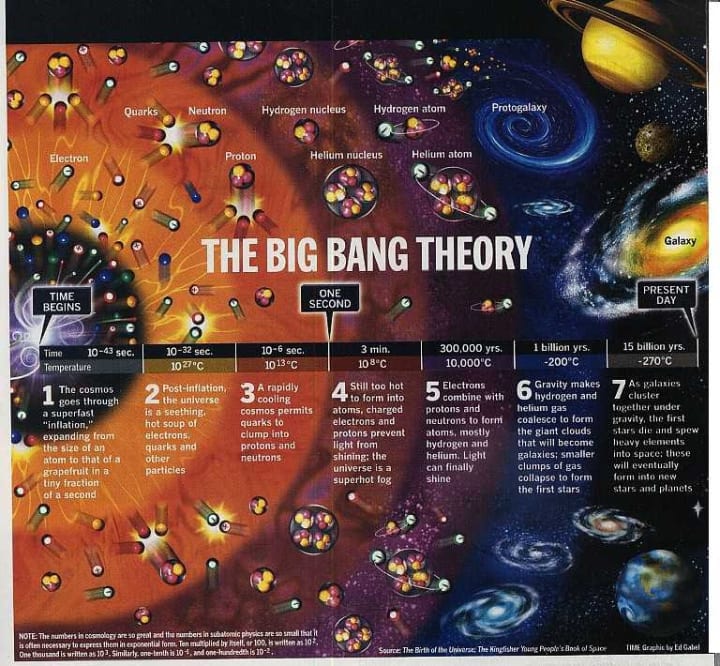The Great History of Time: From Cosmic Mysteries to Precise Measurement
Unraveling the Enigma of Time from Ancient Philosophers to Modern Science

Introduction
Time, the mysterious force that governs our existence, has been a subject of fascination and contemplation for humanity throughout history. From the early philosophical musings of ancient civilizations to the cutting-edge scientific advancements of the modern era, the concept of time has evolved, shaping cultures, religions, and scientific theories. This journey through the great history of time takes us on a captivating voyage, exploring how our understanding of time has transformed over the centuries and the pivotal discoveries that have propelled us forward.
Ancient Philosophers: Time as an Unseen Enigma
In antiquity, time was perceived as an abstract and incomprehensible force. Early civilizations, such as the ancient Egyptians and Babylonians, observed the cyclical patterns of celestial bodies to develop rudimentary calendars. However, it was the Greek philosophers who laid the groundwork for more profound contemplation of time. Heraclitus, around 500 BCE, famously stated, "No man ever steps in the same river twice," suggesting the fluid nature of time and change.
Plato and Aristotle delved into the metaphysical aspects of time. For Aristotle, time was linked to motion and change, while Plato saw it as a shadowy reflection of a higher reality. Their philosophical musings set the stage for future generations to ponder the nature of time and reality.

The Advent of Mechanical Clocks: Time Measurement Precision
The first mechanical clocks emerged in the 14th century, marking a pivotal moment in humanity's quest to measure time with precision. Initially, these clocks were large, unwieldy devices found in public places and monasteries. They employed pendulums and gears to measure time based on the rotation of Earth. As technology advanced, more compact and portable timekeeping devices, such as pocket watches, became available.

The Age of Enlightenment: Time as an Immutable Force
The Age of Enlightenment in the 17th and 18th centuries ushered in a new era of scientific inquiry, profoundly impacting the understanding of time. Sir Isaac Newton's laws of motion and universal gravitation provided a foundation for viewing time as an absolute and uniform entity, flowing independently of human perception. Newton's concept of time as an unchanging river guided scientific thought for centuries and still influences our thinking today.

Einstein's Theory of Relativity: A Paradigm Shift in Time
In the early 20th century, Albert Einstein presented his theory of special relativity, shattering the classical view of time. Einstein proposed that time is relative and interconnected with space, forming a four-dimensional fabric known as spacetime. The theory postulated that time could bend and stretch near massive objects, leading to the phenomenon of time dilation. This revolutionary idea had profound implications for our understanding of the universe and how we experience time.
Quantum Mechanics: The Mystery of Time at the Microscopic Level
As scientific exploration delved into the realm of the incredibly small, quantum mechanics emerged as a groundbreaking theory that questioned the nature of time itself. At the quantum level, time appears to behave differently, raising intriguing questions about the fundamental structure of reality. Quantum physicists grappled with the concept of time as an operator rather than a constant, suggesting that it might be an emergent property of quantum systems.
The Arrow of Time: Entropy and Irreversibility
In the mid-19th century, physicist Ludwig Boltzmann introduced the concept of entropy, a measure of disorder and randomness in a system. His work laid the groundwork for understanding the arrow of time - the asymmetry between the past and the future. Entropy was seen as the driving force behind the irreversibility of natural processes, leading to the progression of time in a particular direction. This idea revolutionized the field of thermodynamics and had a profound impact on our understanding of time's flow.

Cosmology and the Big Bang: The Birth of Time
The most ambitious questions about the origin and fate of the universe inevitably bring us face to face with the concept of time. The Big Bang theory, supported by overwhelming evidence, suggests that our universe began as a singularity and expanded into the vast cosmos we observe today. However, the exact nature of time "before" the Big Bang remains an open question, challenging our understanding of time's inception.
Conclusion
From ancient philosophical ponderings to modern scientific breakthroughs, the great history of time is a mesmerizing journey that continues to captivate human curiosity. The evolution of our understanding of time has been marked by paradigm shifts, revolutions, and profound philosophical debates. As our knowledge of the cosmos deepens, so does our appreciation for the enigma of time, a concept that remains as mysterious and awe-inspiring as ever. As we venture further into the future, the quest to comprehend time's true nature is destined to persist, driving us toward new revelations and a more profound appreciation for the fleeting moments that shape our existence.
Please give a like if you like the info and comment if you want to know about any other history or mystery..
About the Creator
Atharul Islam Iram
Hi, my name is AI Iram. Beside my work, I like to collect many interesting facts and unsolved mysteries of science from different books and websites. I have started posting this fantastic mysteries so you can know about this things easily.





Comments
There are no comments for this story
Be the first to respond and start the conversation.